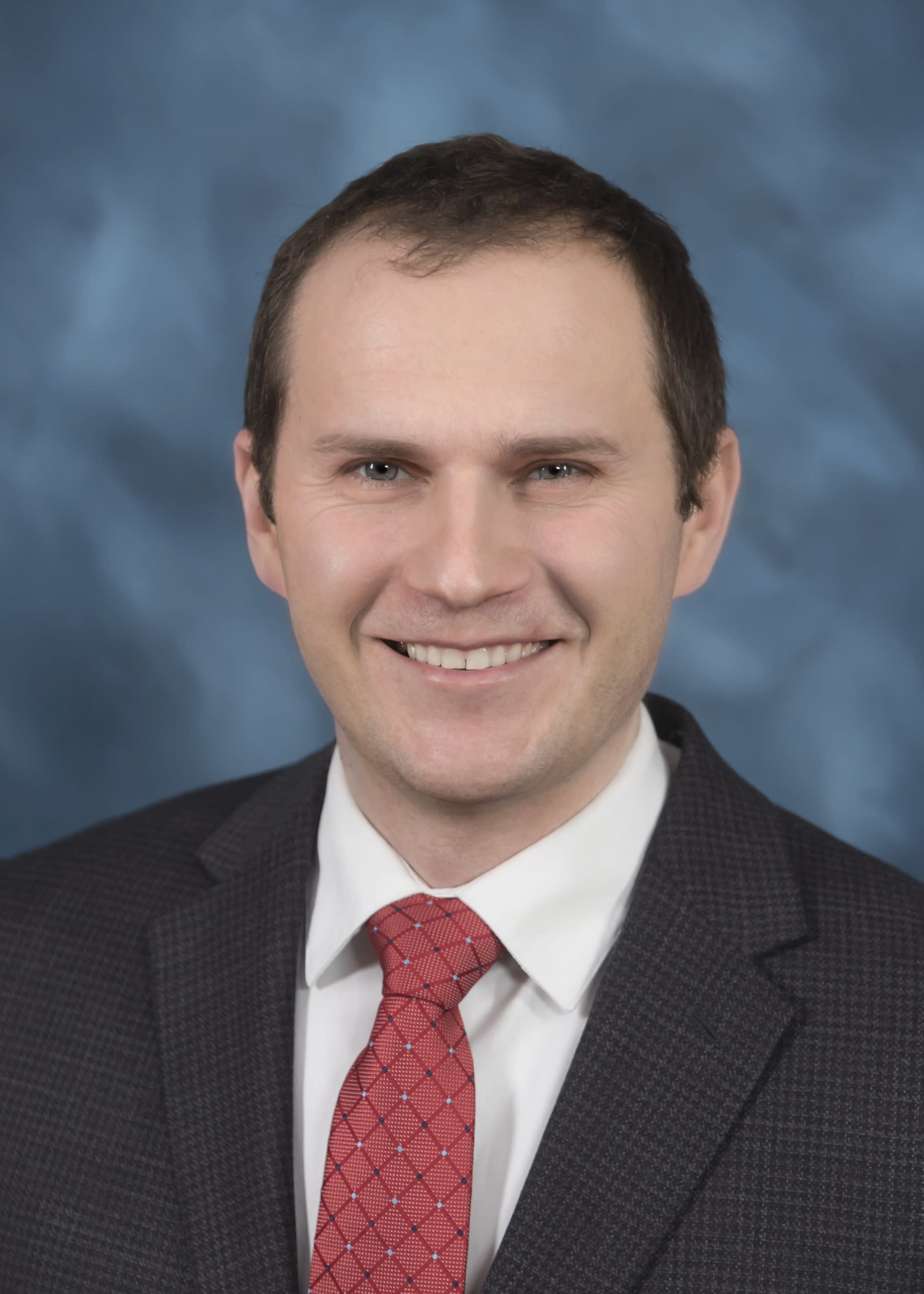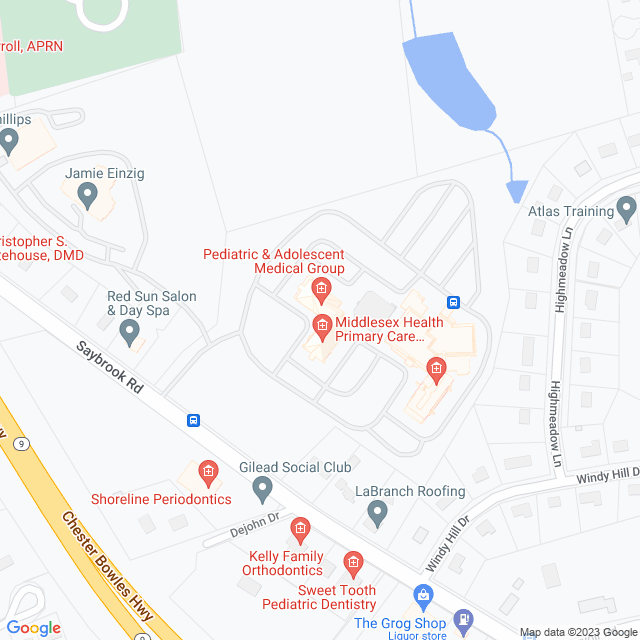
Gastroesophageal Reflux
Disease (GERD)

Or, if you're not sure what you're looking for, you can:
Browse Specialists
Browse Primary Care
Or, if you're not sure what you're looking for, you can:
Browse All Conditions & Care Services



Stomach acid is not meant to be in the esophagus. The lower esophageal sphincter (LES) is a group of muscles that open to let food into the stomach and then quickly close to keep stomach acid and food from backing up into the esophagus. If the LES does not close properly, this backup, also known as, acid reflux, can occur. Gastroesophageal Reflux Disease (GERD) occurs when stomach acid moves upwards into your esophagus, the muscular tube that connects your mouth and stomach.
Chronic acid reflux can cause serious damage to the esophagus. In addition, this damage has been linked to an increased risk of developing esophageal cancer.
Middlesex Health's GERD program performs the widest range of GERD treatment procedures in Connecticut and is the first in the state to perform LINX and TIF procedures for GERD. Our surgeons and gastroenterologists collaborate on your care, which means everything from your initial testing to your surgery discharge instructions is coordinated by the same team.
Coughing (with no other explanation, like a cold or allergies)
You and your doctor will work together to determine if you need to be tested for GERD. If you do, there are several approaches that your doctor may take to evaluate your symptoms and make a diagnosis.
pH monitoring allows your provider to determine if acid and/or alkaline contents flows from your stomach to your esophagus (reflux).
If your doctor determines that one of these tests will be an important part of your care, your care team will explain the test in more detail and give you all the information you need to prepare.
Upper endoscopy is an outpatient procedure. Your doctor will use this test to examine the upper part of your digestive tract using a tube with a very small camera on the end. This is a more general test than pH testing and manometry, and your doctor may use it to rule out conditions such as Barrett's esophagus and other erosive conditions, which have similar symptoms to GERD.
Several medications can help with GERD. Although they work in different ways, they all have one purpose: reducing or blocking stomach acid.
The most common types of medications include:
You should always talk to your doctor before taking medication, especially if you have GERD symptoms regularly.
It is also important to note that using medications for GERD for a long time does have risks. If you use antacids, histamine blockers, or PPIs consistently for more than six weeks, you should discuss your symptoms with a doctor.
If lifestyle changes and medications don't improve your GERD symptoms, your doctor may want to discuss surgical options. At Middlesex Health, we offer several of the most advanced and innovative symptom management and relief procedures. Learn more below.
If you are experiencing symptoms of GERD, the best first step is to talk to your primary care provider (PCP). PCP's are most helpful if you have intermittent symptoms, or symptoms on an irregular basis.
Gastroenterologists are most helpful if you require daily medication or need to change the dose of your medication. You should also see a gastroenterologist if you have a family history of stomach or esophageal cancer.
Middlesex Health Gastroenterology
The gastroenterologist may refer you to a specialized surgeon who can perform multiple procedures to manage or cure GERD. Many of these are minimally invasive surgeries. You may wish to meet with a surgeon if:
In this procedure, which is performed laparoscopically using the da Vinci® robotic surgical system, your surgeon builds a new lower esophageal sphincter (LES) by wrapping the upper portion of the stomach around the lowest point of the esophagus.
The TIF® Procedure doesn't require any incisions. The EsophyX® device, which was specially designed for this surgery, is used to reconstruct the anatomy of the lower esophageal sphincter (LES) so that your body once again has the natural ability to prevent reflux.
The LINX Reflux Management System is a small flexible band of magnetic beads that a surgeon wraps around a weakened lower esophageal sphincter (LES).
A hiatal hernia occurs when a part of the stomach pushes up into the chest above the diaphragm. GERD, can be a symptom of a hiatal hernia.

Dr. Aranow is one of Connecticut's leading esophageal/stomach surgeons, offering the widest range of minimally invasive procedures for GERD in the state.
Dr. Aranow received his training at Harvard Medical School’s Beth Israel Deaconess Medical Center and brought his skills to Connecticut in 1999.
He is a nationally recognized bariatric surgeon and advocates for patients with morbid obesity, and his approach to care supports positive lifestyle changes in addition to surgery.

Dr. Grigoriy Klimovich is a fellowship-trained bariatric and general surgeon at the Middlesex Health Surgical Alliance.
Dr. Klimovich is certified by the American Board of Surgery. He completed a fellowship in minimally invasive bariatric surgery at the Yale School of Medicine after performing his residency at Jackson Memorial Hospital in Miami, FL. Dr. Klimovich earned his medical degree from the University of South Carolina.
He has a special interest in bariatric surgery and abdominal wall surgery, and he performs certain procedures for GERD.
Making changes to your lifestyle is key to successful weight loss, which can help improve GERD symptoms.
Visit our Online Learning Center for information about healthy eating, being active, and how to maintain weight loss achievements.
You can also get started with these articles:
1 Specialty Care Location

Seasons Magazine and WTNH have both published stories about the GERD program at Middlesex Health!